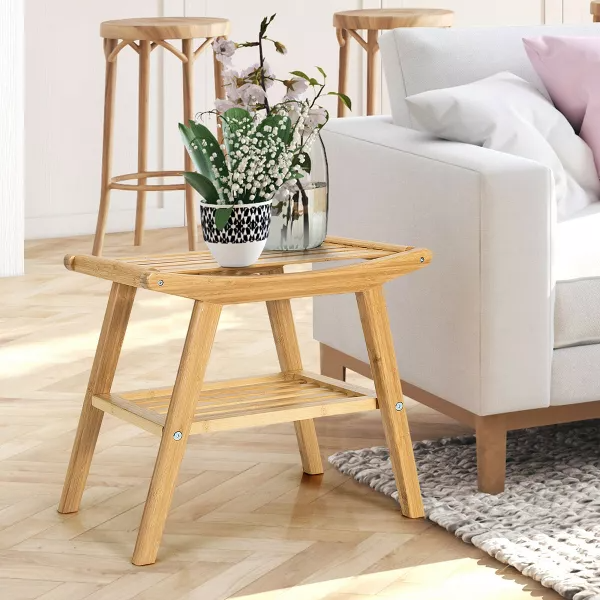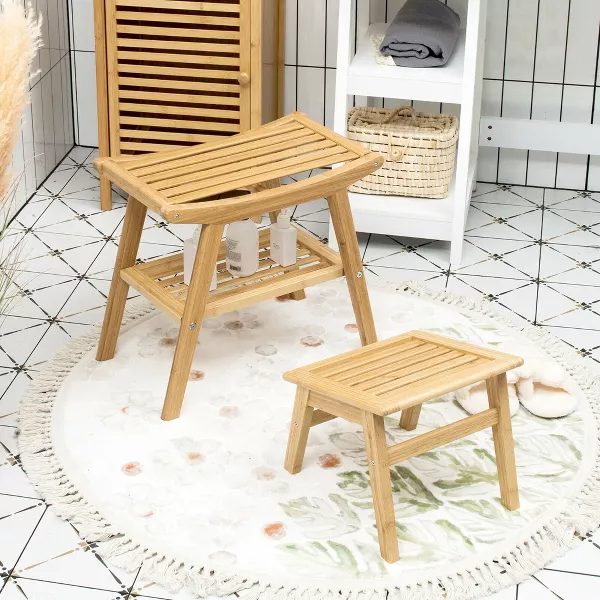Market Trends
Growing Demand for Sustainable Products
The increasing awareness of environmental issues has led to a surge in demand for sustainable products. Bamboo, being a renewable resource, fits perfectly into this trend. It grows rapidly and requires minimal resources, making it an ideal material for sustainable furniture production.
Versatility and Aesthetic Appeal
Bamboo furniture is known for its versatility and aesthetic appeal. Its natural look complements various interior design styles, from modern to rustic. The ability to craft bamboo into different shapes and forms allows for a wide range of furniture designs, attracting a diverse consumer base.
Technological Advancements
Advancements in manufacturing technology have enabled the production of high-quality bamboo furniture. Modern techniques allow for better durability, finish, and design flexibility, making bamboo furniture a competitive option against traditional materials like wood and metal.
Increased Investments and Government Support
Governments and private investors are increasingly supporting the bamboo industry. Policies promoting sustainable forestry and investments in bamboo processing facilities are driving the growth of the bamboo furniture market. For instance, countries like China and India have launched initiatives to boost bamboo cultivation and processing, creating a robust supply chain.
Online Retail Expansion
The expansion of online retail has provided a significant boost to the bamboo furniture market. E-commerce platforms offer a convenient way for consumers to explore and purchase bamboo furniture, expanding the market reach. Additionally, online marketplaces allow small and medium-sized enterprises (SMEs) to enter the international market with ease.
Opportunities
Penetrating New Markets
Emerging markets in Asia, Africa, and South America present untapped opportunities for bamboo furniture manufacturers. The growing middle class in these regions is increasingly seeking affordable yet stylish home furnishings, making bamboo furniture an attractive option.
Customization and Personalization
Offering customized and personalized bamboo furniture can differentiate businesses in a competitive market. Consumers are willing to pay a premium for unique, tailor-made pieces that reflect their personal style and preferences.
Collaborations with Designers and Influencers
Collaborating with interior designers and social media influencers can enhance brand visibility and credibility. Designers can introduce innovative bamboo furniture designs, while influencers can showcase these products to a broader audience, driving consumer interest and sales.
Eco-Friendly Certifications
Obtaining eco-friendly certifications can boost consumer confidence and trust in bamboo furniture products. Certifications such as FSC (Forest Stewardship Council) and other sustainability labels can highlight the environmental benefits of bamboo furniture, appealing to eco-conscious consumers.
Diversification of Product Range
Expanding the product range to include not only furniture but also bamboo accessories and decor items can attract a wider audience. Offering a comprehensive selection of bamboo products can position businesses as one-stop shops for eco-friendly home furnishings.
The international bamboo furniture market is poised for significant growth, driven by the rising demand for sustainable products, technological advancements, and supportive government policies. Businesses that leverage these trends and seize the emerging opportunities can establish a strong foothold in the market, catering to the evolving preferences of eco-conscious consumers. By focusing on customization, collaborations, and product diversification, companies can maximize their market potential and contribute to a sustainable future.
Post time: Aug-01-2024







